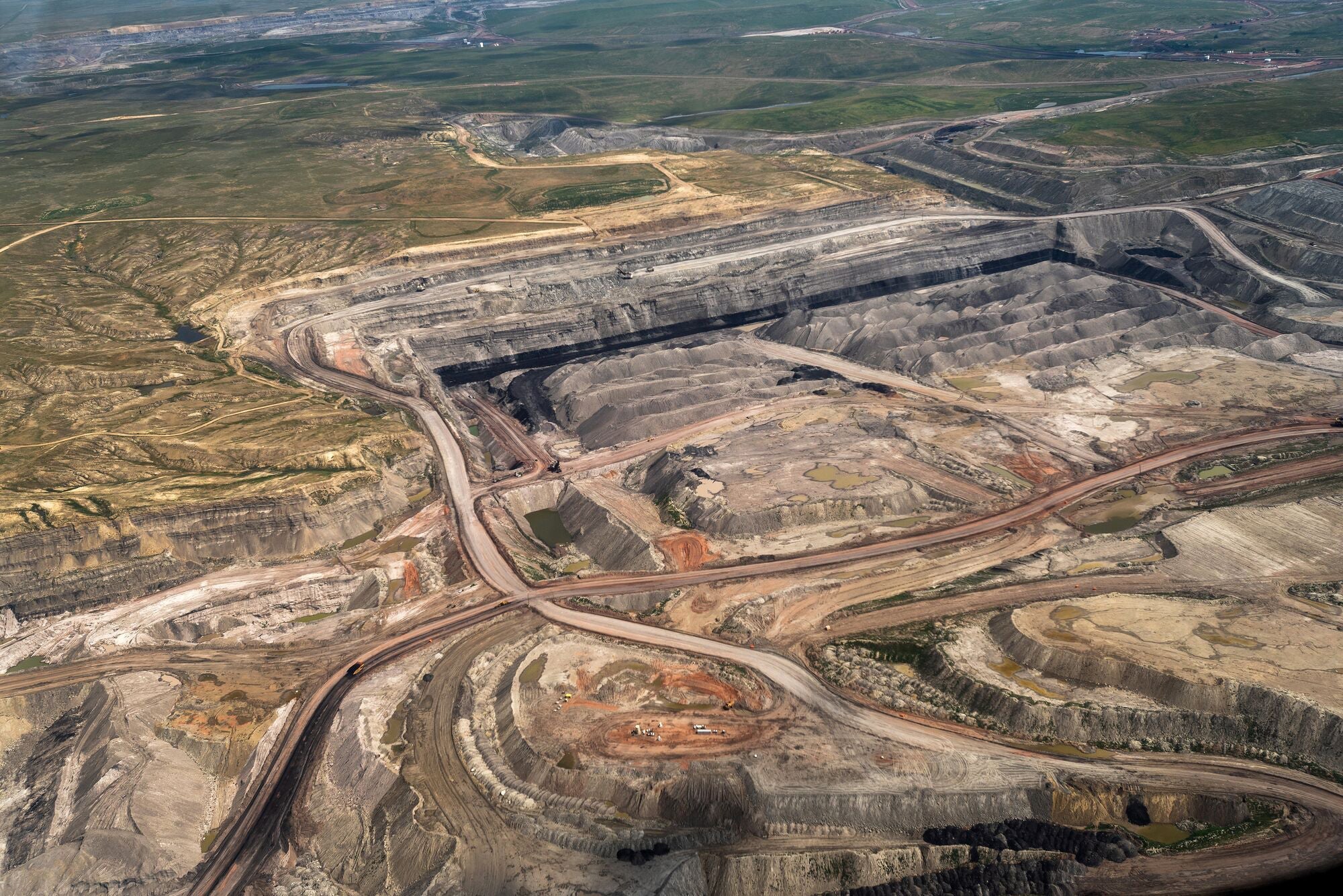The Biden Administration Must Act on Coal Leasing on Public Lands
The administration has refused to reinstate an Obama-era moratorium as U.S. coal consumption rises
Editor’s Note
A federal judge recently ruled that the decision to end the moratorium illegally failed to account for the climate and other harmful impacts of coal leasing. The court re-imposed the moratorium until a comprehensive analysis of federal coal leasing is completed. However, a massive amount of coal has already been leased on our public lands. As of 2021, BLM administered 299 federal coal leases across approximately 458,600 acres. Just as the courts ordered the administration to consider harm from new leases, it must account for the tremendous harm of mining existing leases. Earthjustice is calling for the administration to ensure that industry internalizes the high environmental and social costs of continued mining. If the industry cannot pay those costs, the public should not be forced to subsidize it with their health and well-being.
President Biden came into office promising the most ambitious climate agenda in our nation’s history. Many of those commitments were due to sustained pressure from Tribes and tribal activists, climate activists, and environmental justice groups who demanded meaningful action on the campaign trail. And while this administration has already taken a number of key steps on climate, including action to move us toward clean, renewable energy, it is not matching the urgency of the crisis with its efforts to end our reliance on dirty fossil fuels. Over 40% of our nation’s coal is still produced on our public lands. We cannot pursue renewables and coal side by side and expect to make the energy transition we need.
For those of us who have worked on fossil fuel leasing on public lands, it has been especially infuriating to see the Biden administration’s U.S. Bureau of Land Management (BLM) defend a Trump-era policy overturning a 2016 coal-leasing moratorium. In a recent court filing, the Biden administration has effectively outsourced the defense of their coal policy to the coal industry and coal-producing states while telling the court BLM has everything under control. But exactly the opposite is true; the administration is not exercising any control over its coal policy, and as a result, the policy is no different from the coal-friendly days of Trump. The Biden administration’s failure to drive this train that’s still moving full steam ahead is more than inconvenient; it’s likely to lead to a train wreck.
On April 16, 2021, Interior Secretary Debra Haaland issued Secretarial Order 3398, which nominally revoked the order from former Secretary Zinke that had rescinded the coal-leasing moratorium, along with a host of other Trump-era actions that were inconsistent with the Biden administration’s climate stance. The Haaland Order directed BLM to review the Zinke Order, giving the agency 60 days — until June 15, 2021 — to complete its review and submit a report with the agency’s “plan and timeline to reverse, amend or update” the coal-leasing policy embodied by it. Unfortunately, to date, it appears that no such review has taken place.
In light of the Biden administration’s failure to act, Earthjustice’s lawsuit to reinstate the federal coal-leasing moratorium is a key accountability mechanism to ensure the government follows the law and honors its climate obligations. In May 2021, tribal and environmental groups filed an opening brief challenging the Biden administration’s decision to defend this Trump-era policy. While the plaintiffs afforded time to the Biden administration to reverse course, the administration’s most recent filing this January refused to reverse the Trump administration’s policy. BLM argues that it is reviewing the coal-leasing program but has refused to put in place the moratorium to prevent new leasing before an adequate environmental review is completed. In the meantime, the administration continues to process applications for new coal leases as U.S. consumption of coal rose 14% in 2021.
It is even more dumbfounding that President Biden was a part of the Obama administration that initially implemented the coal leasing moratorium. Returning to that policy should be the first baby step toward broader reform, which is overdue and sorely needed. The climate crisis has only worsened since the Obama-Biden administration, and we do not have time to waste with continued leasing of coal on our public lands.
This is not the only instance of the Biden administration siding with the coal industry. In an additional filing this month, the Biden administration’s BLM defended two Trump-era resource management plans that failed to comply with a court order to account for impacts from burning publicly-owned coal, including on public health, and to consider alternatives that limit coal leasing in the Powder River Basin — the largest coal-producing region in the country.
The Biden administration cannot have it both ways on coal. While their public statements recognize that it is indefensible to continue to allow coal leasing on public lands, they are also refusing to do the bare minimum by reinstating the Obama-era coal-leasing moratorium, when the urgency to do so to prevent further warming of our planet is dire. President Biden came into office promising to be a climate champion, but 6 years after President Obama paused our nation’s coal leasing, we are now taking steps in the wrong direction. There is no place for the continuation of one of the world’s worst sources of climate heating pollution in this administration.
Our planet and our future depend on this administration doing better.
Read the briefs for this case:
Originally published on January 21, 2022.
Established in 1993, Earthjustice's Northern Rockies Office, located in Bozeman, Mont., protects the region's irreplaceable natural resources by safeguarding sensitive wildlife species and their habitats and challenging harmful coal and industrial gas developments.
Perry Wheeler
Public Affairs and Communications Strategist, Earthjustice
pwheeler@earthjustice.org
